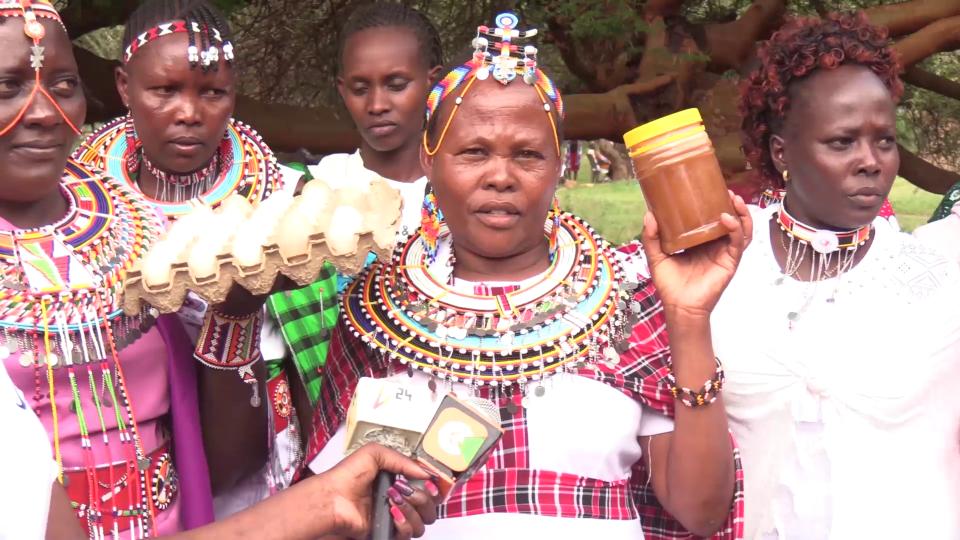

Poverty, lack of education and early marriages have for decades defined lives of pastoralist women. Not anymore.
A group of Maasai women has come together to empower themselves economically and conserve beneficial cultural practices.
Twala Women group from Laikipia county has six subgroups that engage in economic activities.
The group was formed in 2007 with the objective of pooling resources and was soon able to establish the Twala Tenebo cultural centre located in Il Polei trading centre in Laikipia North area.
The centre has drawn thousands of tourists who sleep in solar-powered cottages and take baboon walks for leisure.
It can host about 20 guests at a go in the manyattas, three-bedroomed houses and camping facilities.
“We also use the centre to educate tourists on our culture and sell beaded items to them for an extra income,” said Rosemary Nenei, Twala’s hospitality manager.
Il Polei and Monoshei ranches also issued the group with 40 acres, enabling the women to expand their income-generating activities.
The women also process and sell honey from their beehives and supply tourists with food from their kitchen gardens.
Some of the aloe vera products they produce are also exported to the UK.
“We say conservation is our currency. We conserve the good parts of our culture and the environment and benefit from them,” Nenei said.
She said the group issues dividends to members twice a year in June and December.
Income earned from the project is used to support families and save girls from retrogressive cultural practices such as female genital mutilation and early marriages. Elderly women with no income are also supported.
Nenei said the initiatives have stemmed the women’s reliance on their husbands and have earned them numerous trainings on eco-tourism and financial literacy, enabling them to better manage their income.
Angela Naini, the secretary of the Nashipai Nashotua Women's Group, said each of the six groups has about 30 members who meet twice a week.
Her group produces liquid soap which is sold at Sh100 per litre and engages in table banking.
“The money we make as profit is put in a bank and used to issue loans among members at an interest rate of 10 per cent. Five per cent of the interest goes towards the group while the rest in sub divided among members”.
Agnes Mamai, a member of Melau Women's Group, said her group has kept 40 bee hives and a poultry project with 100 chickens has enabled them to sell eggs.
“A kilogram of honey goes for Sh1,000 but we are struggling to sell the eggs because we are yet to get a good market. We have only been able to sell them locally,” she said.
The group, she said, makes three contributions weekly, for table banking, merry-go-rounds and savings.
Members who get loans amounting to Sh10,000 repay the money with an extra Sh1,000 while those who acquire Sh20,000 add Sh2,000 on top.













